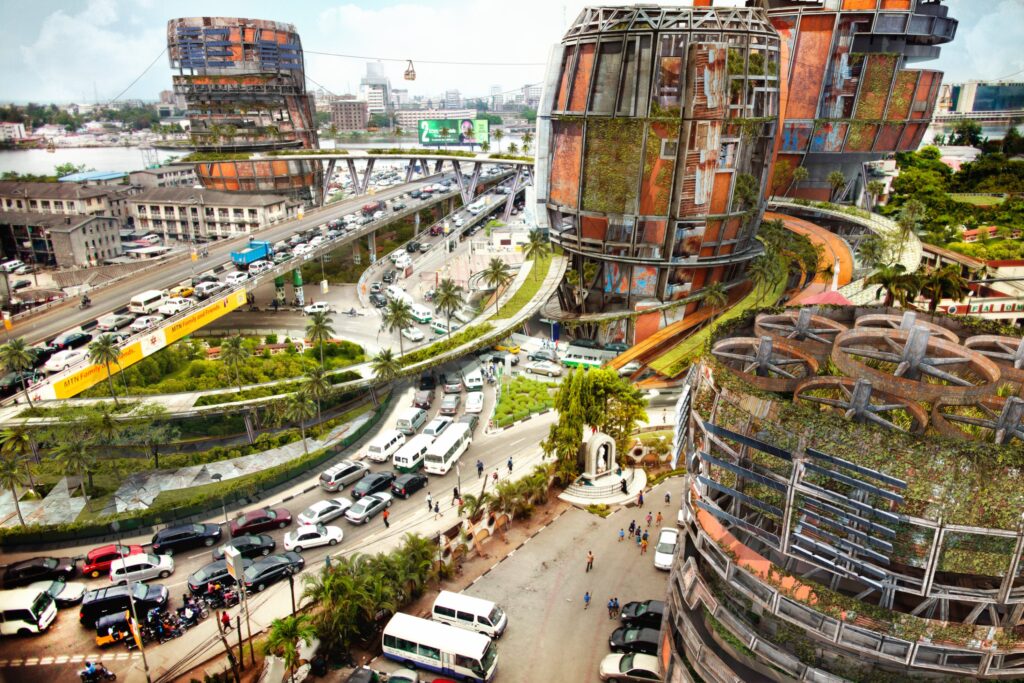New Study Highlights Alarming Sanitation Crisis and Decline in Recycling Efforts

A shocking 179 million Nigerians, equating to 87% of the population, are living in unclean and unhygienic environments, according to the recently released STONE 2024 report.
The report, unveiled during the ‘STONE 2024 Unplugged’ event hosted by Clean-Up Nigeria in Abuja, paints a grim picture of the nation’s sanitation and waste management challenges.
Prince Ene Baba Owoh, Jr., National Coordinator of Clean-Up Nigeria, described the findings as a wake-up call. In a statement received by Vanguard, he pointed to the persistent environmental issues across most states.
The Cleanliness Performance Index highlights significant regional disparities, with states such as Akwa Ibom, Enugu, Lagos, and Abia recognized for modest improvements in cleanliness and waste management. However, 28 out of 37 states, including the Federal Capital Territory (FCT), were classified as unclean, reflecting a nationwide sanitation crisis.
Although open defecation rates dropped slightly from 24% in 2023 to 20% in 2024, the progress is overshadowed by a sharp decline in waste recycling rates. Recycling efforts fell from 26% in 2023 to 19% in 2024, a setback attributed to worsening poverty levels, which have reduced public and private investments in recycling initiatives.
States like Akwa Ibom, Enugu, Abia, and Lagos showed a 4% increase in waste management equipment procurement, but these efforts fall short of addressing the broader issue. The report stresses the urgent need for increased government investment in infrastructure and stronger enforcement of waste management policies.
Sanitation workers are also facing mounting challenges. The report reveals a drop in the health and safety rating of these workers, declining from 31% in 2023 to 28% in 2024. This decline highlights worsening working conditions and inadequate support for individuals on the frontline of the sanitation crisis.
Clean-Up Nigeria has called for greater responsibility from both government authorities and citizens. The organization urged stronger policies, increased funding, and better infrastructure to address the sanitation crisis and improve the health and well-being of Nigerians.





Comments are closed.